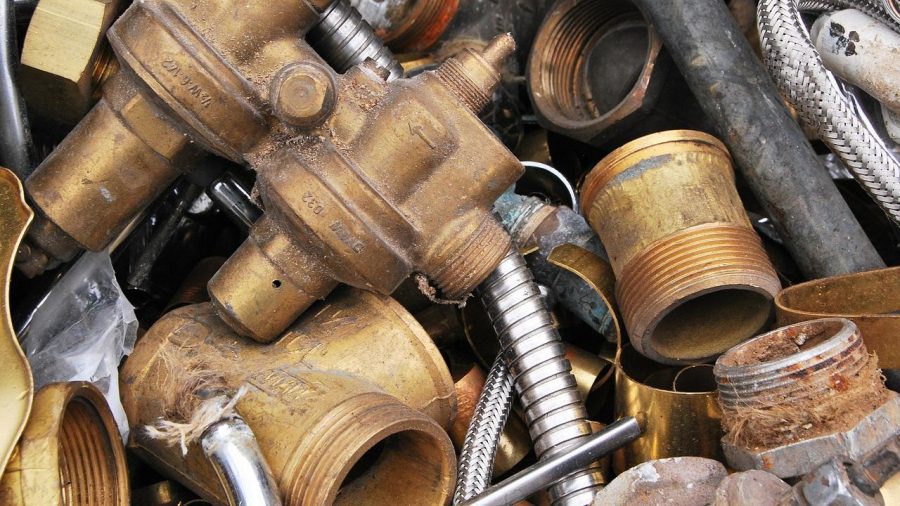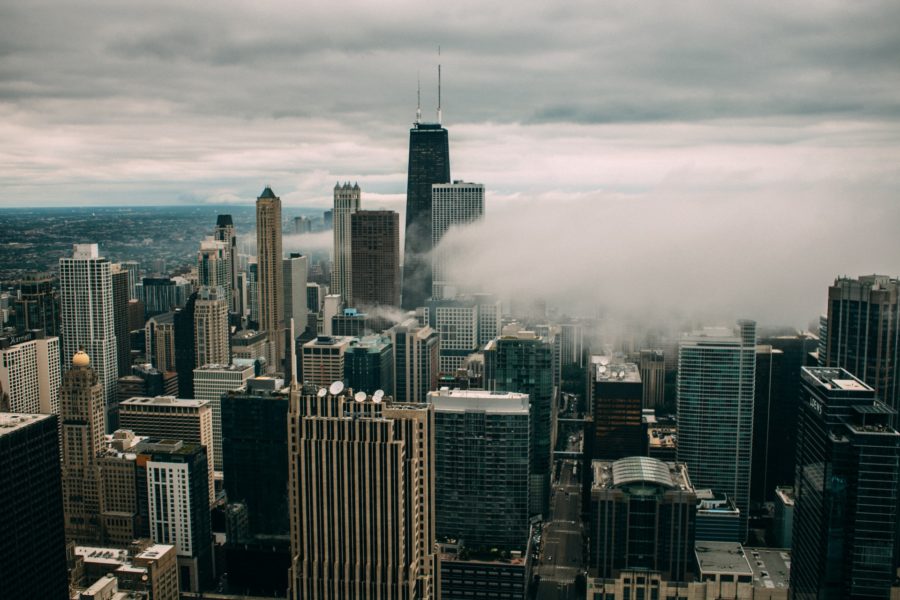In 2019, Chicago’s average air quality index (AQI) was 52 (“moderate”).[1] The Environmental Protection Agency (EPA) defines “moderate” air quality as acceptable air quality, but for some pollutants, there may be a moderate health concern to a small number of individuals.[2] AQI ratings are calculated by weighing six key criteria pollutants for their risk to health: (1) ozone, (2) particulate matter, (3) carbon monoxide, (4) nitrogen dioxide), (5) sulfur dioxide, and (6) lead.[3] Particulate matter includes both PM10 and PM2.5, which are the numbers referring to the particle’s diameter in micrometers.[4]
Tag: Chicago Department of Public Health

General Iron has been making headlines for more than a year because of its pollution issues and recent attempt to relocate. RMG, General Iron’s parent company, has closed its long time North Branch-located metal shredding and recycling operation.[1] For many North Side neighbors, the facility’s closure was a win after a years-long battle to close the facility over environmental health and safety concerns from the facility’s operations, such as two explosions over the past five years.[2]
But there has been significant public outcry against General Iron’s plans to relocate to the Southeast side of Chicago at 116th and Burnham Street. Coalitions of Southeast side residents have been protesting for months, advocating for better air quality and preventing the relocation of General Iron to their neighborhood. The Natural Resource Defense Council has drawn national attention to the facility’s explosions, contribution to air pollution, and desire to move to a predominantly Latinx neighborhood.[3]


